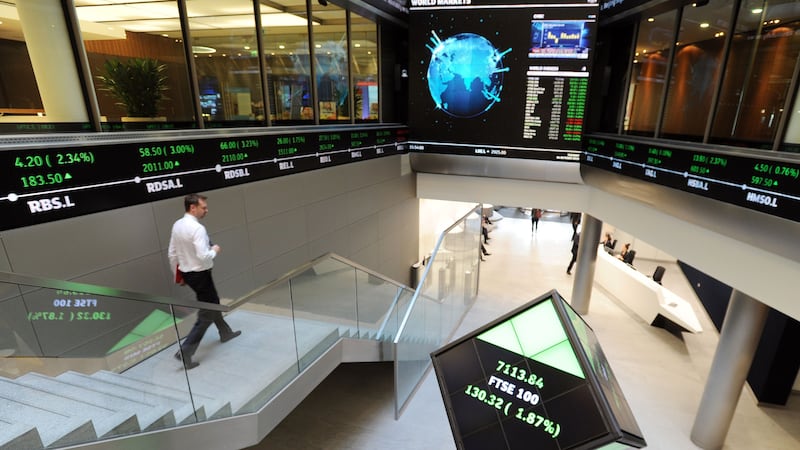DID you know that Boris Johnson earns a salary of over £2 million a year?
This, at least, was the belief of a large group of schoolchildren surveyed by the Halifax, and reported at the time in this esteemed column.
According to the survey in 2019, the children were also convinced that schoolteachers, firefighters and postmen all earn over £100,000, and that they themselves would walk into a first job paying £1.3m, if they left school and joined the Halifax.
Well, it would appear that as adults, we are still a little deluded when it comes to certain aspects of the financial world – but now our ignorance centres on the income we can expect, if we invest our salary (which will still, tragically, fall far short of the anticipated £1.3m).
This is revealed in a new article “Why women are less likely to invest: breaking the confidence barrier” published this month by the investment company Hargreaves Lansdown.
Like so many aspects of our finances, it’s a gender thing: you are particularly likely to suffer from this ‘investor under-confidence’ if you are a woman.
Seven out of 10 women have no investments, compared to six out of 10 men.
Women claim that one of the main reasons they don’t invest is lack of confidence. Nearly a third (31 per cent) are convinced they simply don’t know enough about it, compared with just a fifth (22 per cent) of men.
However, HL found that when they checked investor knowledge, men did not turn out to be much better-informed than women – they just have more trust in their own judgement.
Another reason women gave for not investing was the fear of the risks involved.
However, women tend not to be aware of how attractive investing can be: the fact is that £100 invested over 10 years should grow to around £178.41, according to HL. A quarter (23 per cent) of men rightly said they’d expect a return of £151-£200, while only 17 per cent of women expected that much.
In general, HL’s research showed that women were likely to over-estimate the risks of investing, and underestimate what they stand to gain – making investment seem less attractive to them.
There was also the fact that many women with smaller amounts of savings wanted to keep their money close, in case of emergency.
However, anyone with 3-6 months’ worth of essential expenses in an easy access account, plus money to cover planned expenses in the immediate future, might be better off considering how likely they really are to need the money overnight.
Might any additional cash not be better put to work in investments for 5-10 years or more instead?
For anyone attracted by the very good potential returns of putting your money ‘away’ for a while, a good strategy might be to ‘start small’. You could, for instance, salt away £25 a month in an investment fund, and see how that performs during year one.
Even before that, why not ‘start smart’ with an informal, no-obligation chat with a financial adviser, who will help you work out an investment strategy, and help you grow your money much more strongly than in a ‘common or garden’ bank account?
:: Michael Kennedy is an independent financial adviser and pensions specialist and can be contacted on 028 71886005. Further information on Facebook at Kennedy Independent Financial Advice or at www.mkennedyfinancial.com








